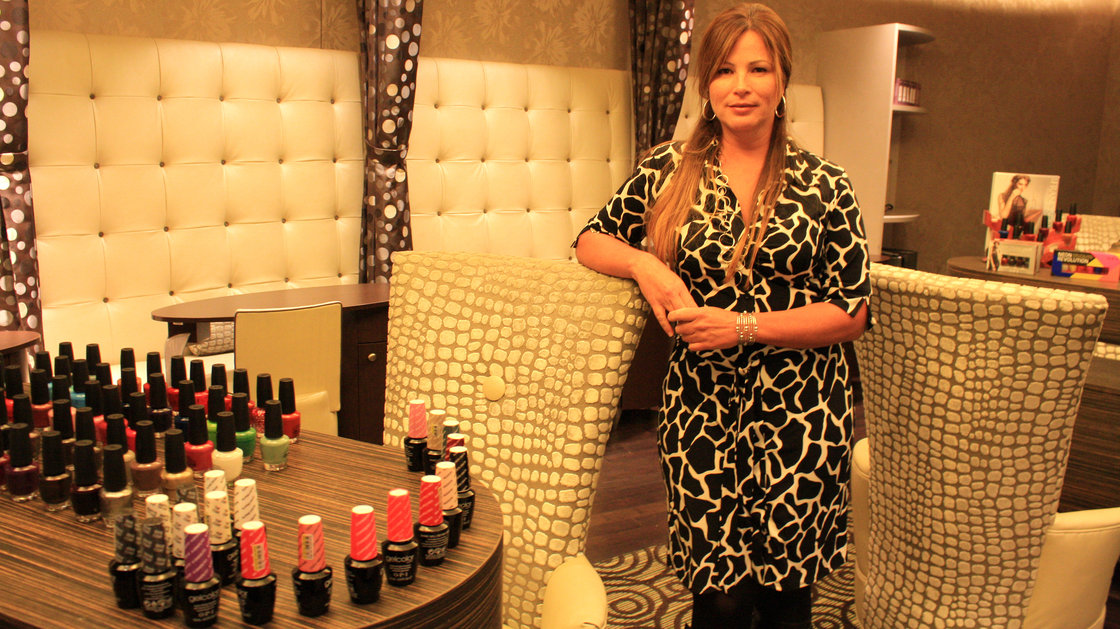by Jessica Robinson, NWNewsNetwork
October 09, 2013

Yvonne Smith is the director of La Rive Spa at Northern Quest Resort and Casino in Washington state. Across the country, Native American tribes are hoping high-end extras will draw visitors to casinos.
What used to be no-frills slot parlors off the highway are turning into resort-style destinations with spas, golf courses and luxury hotels. Native American tribes are hoping these added amenities will give them an edge in an increasingly competitive gaming market.
Three years ago, Northern Quest Resort and Casino in eastern Washington opened a luxury spa that’s been on the covers of and magazines. La Rive Spa has its own seasonal menu and moisturizers that cost as much as an iPod.
Nothing about this spa screams casino, by design. Spa director Yvonne Smith says it’s not what you’d expect from a casino in a field outside of Spokane. “The one thing I hear all the time is, ‘Oh my gosh, I had no idea this was here,’ ” she says.
Across the country, tribes are trying to step up their game. Casino profits plus more interest from investors have funded new spas, fine dining, concert venues and other amenities. Phil Haugen, a Kalispel Tribe member and manager of Northern Quest, says tribal casinos are now drawing clientele that might have otherwise chosen a weekend in Las Vegas or at a resort.
“It used to be that people thought tribal casinos were dirty and small and that they just didn’t have what Vegas had or what Atlantic City had,” Haugen says. “But now you have these first-class properties.”
Getting To The Gaming Floor
Out at the Circling Raven Golf Club in Worley, Idaho, Rhonda Seagraves drives her ball toward the first hole. Seagraves is a banker in north Idaho. She says this course at the Coeur d’Alene Casino is one of her favorite places to golf.
“It was just like this little hole in the wall, and now, it’s just spectacular,” Seagraves says.
But she says she is unlikely to gamble after her round — which runs counter to what these casinos are banking on.
“Those amenities are really designed to get people in and start gaming,” says Valerie Red-Horse, a financial analyst who specializes in tribal casinos.
Even with the resort amenities, these ventures still make 80 to 90 percent of their revenue from gambling. Red-Horse calls golfing and spas a loss leader.
“We had a client that had a beautiful facility, one of the prettiest markets I’ve ever worked in in New Mexico, actually. And it had big picture windows in the resort, and they had camping and they had hunting and they had skiing. Well, they found they were not making money because people were not going to the gaming floor,” Red-Horse says.
The casino restructured its debt and hired a management team that specialized in gaming.
In Idaho, former Coeur d’Alene Casino tribal chairman Dave Matheson has watched the operation grow from a buffet in a bingo hall to a restaurant with an award-winning chef. Matheson says the swanky expansions do drive business, but they’re also a source of pride.
“And I think it gives us a chance to prove what we can do,” Matheson says.
The Coeur d’Alene Tribe’s casino has expanded so much in the last few years, it’s been dubbed by workers “the world’s most hospitable construction site.”


